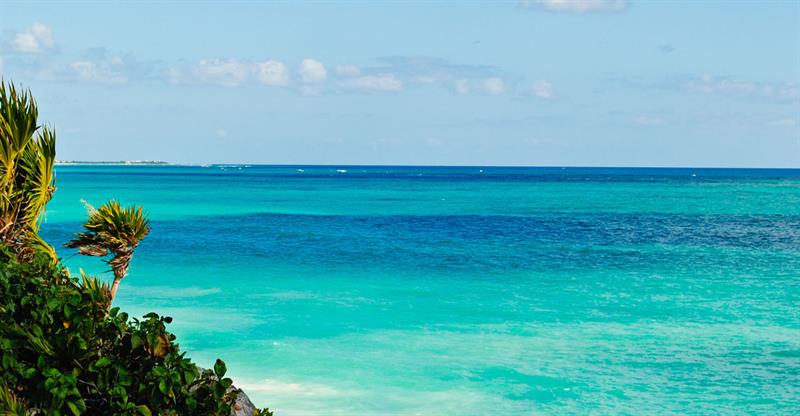| Wednesday, June 7, 2017 |

Eight intergovernmental organizations involved in the management of marine resources in the Caribbean and the North Brazil Shelf Large Marine Ecosystems (CLME+) region are expected to sign a landmark agreement for strengthened coordination and cooperation.
The goal of this Memorandum of Understanding (MOU) will be to enhance regional collaboration for the improved management of the resources of the Caribbean Sea that form the basis for fishing, tourism and maritime transportation.
The eight organizations that are expected to sign the agreement are the Caribbean Community (CARICOM); the Caribbean Regional Fisheries Mechanism (CRFM); the Central American Commission for Environment and Development (CCAD); the Central American Fisheries and Aquaculture Organization (OSPESCA); the Food and Agriculture Organization of the United Nations on behalf of the Western Central Atlantic Fishery Commission (FAO-WECAFC); the Intergovernmental Oceanographic Commission of the United Nations Educational, Scientific, and Cultural Organization (UNESCO-IOC); the Organization of Eastern Caribbean States (OECS) Commission; and the UN Environment represented by its Caribbean Regional Coordinating Unit and Secretariat to the Cartagena Convention (UN Environment Program CAR/RCU).
Through the agreement, these organizations with technical expertise in areas such as oceans governance, marine spatial planning, pollution prevention, fisheries management, habitat protection, and oceans research, will now be better placed to provide coordinated support to the region including helping countries to achieve the Sustainable Development Goal 14 on Oceans: “Conserve and sustainably use the oceans, seas and marine resources for sustainable development.”
There is an expectation that the MOU can become signed by heads of the participating organizations on the occasion of the celebrations surrounding World Ocean Day on June 8. Importantly, the agreement formalizes the establishment of a “Regional Coordinating Mechanism.” This Mechanism will constitute the core of a new, wide-ranging global partnership (the “CLME+ Partnership”) that will assist regional governments to reduce marine pollution; reduce degradation of marine habitats such as: coral reefs, mangroves and sea grass; reduce overfishing, and adapt to climate change.
The activities of the Coordination Mechanism will be supported through the UNDP/GEF “CLME+” Project (2015-2020). This five-year project seeks to catalyze the implementation of a 10-year, politically endorsed Strategic Action Programm (SAP) for the Sustainable Management of the Shared Living Marine Resources of the Caribbean and North Brazil Shelf Large Marine Ecosystems.